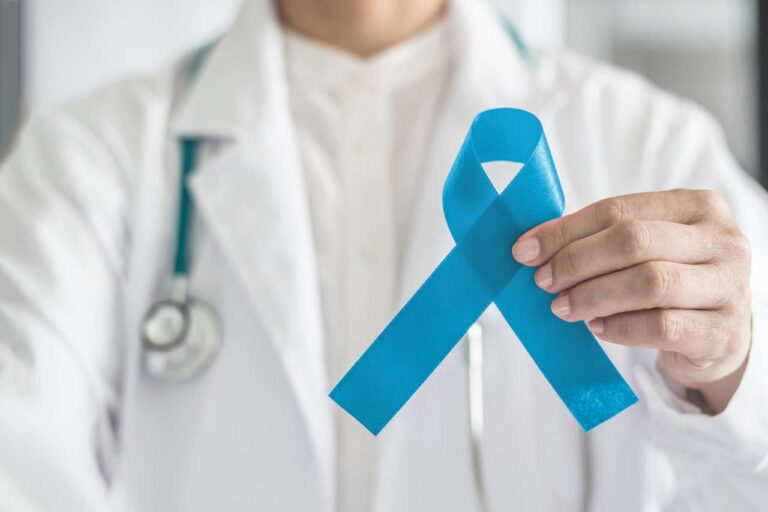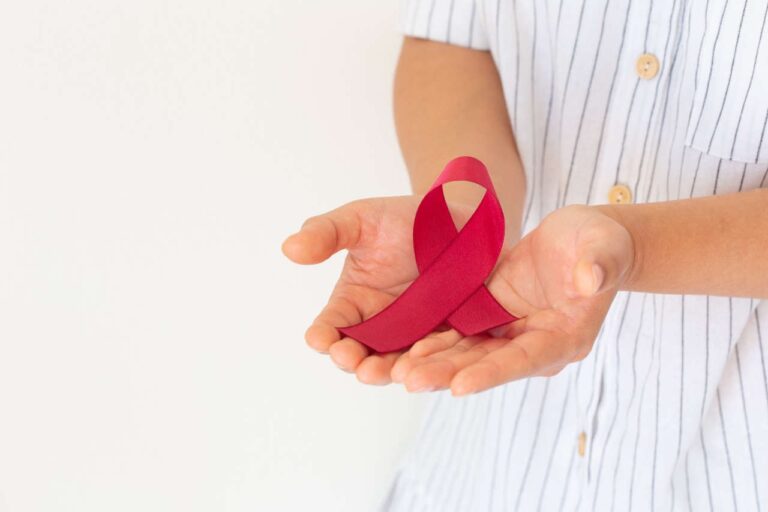
Odomzo (sonidegib) is a medication that treats basal cell carcinoma (BCC), which is a type of skin cancer that develops in the uppermost layer of the skin. It is a common form of skin cancer that affects around 3.6 million Americans each year.
Get Financial Assistance
Although many cases are easily treated with surgery or radiation, some become more complex — either returning after treatment or growing in ways that make standard therapies less effective. For these challenging cases, doctors prescribe more advanced treatments, such as Odomzo (sonidegib).
Odomzo is a targeted oral medication designed to treat locally advanced BCC (laBBC) when surgery or radiation is no longer an option. This article explores how Odomzo works, who can use it, and what patients should know about this medication.
Odomzo: Usage or Indication
Odomzo is approved by the FDA and is only indicated for the treatment of locally advanced BCC in adult patients. This drug is also prescribed to patients whose cancer has returned after surgery, or those who cannot have surgery or radiation therapy to remove all of the cancer.
Odomzo: Mode of Action
Basal cell carcinoma (BCC) occurs as a result of the uncontrolled growth of basal cells due to the overactivity of the Hedgehog signaling pathway. This molecular pathway normally controls cell growth and repair in the skin.
Sonidegib, the active substance in Odomzo, is a Hedgehog pathway inhibitor that binds to a smoothened (SMO) protein. This protein mainly controls the Hedgehog signaling pathway, and by blocking this protein, sonidegib shuts down the abnormal signaling that drives the growth of cancer cells.
By working this way, Odomzo may help to shrink the tumor.
Dosage and Administration
Odomzo is available as 200 mg capsules. The recommended dose for adults with BCC is one capsule taken orally once a day. Take Odomzo capsules on an empty stomach, either at least 1 hour before a meal or 2 hours after eating.
Common Side Effects
The most common side effects reported by ≥10% of patients include:
- Muscle spasms
- Hair loss (alopecia)
- Taste disturbance (dysgeusia)
- Tiredness
- Nausea and vomiting
- Muscle aches and pain (myalgia)
- Pain in a joint (arthralgia)
- Abdominal pain
- Headache
- Diarrhea
- Weight loss
- Loss of appetite
- Itching (pruritus)
- Little or no urinating
- Dark colored urine
- Fatigue and pain
In fertile women, Odomzo may cause an absence of menstrual periods (amenorrhea). It is not known if the amenorrhea is permanent.
Contact your healthcare provider if you experience any of the above symptoms after taking Odomzo. Your doctor may prescribe medications to help manage certain side effects, such as nausea or vomiting.
In some cases, if the muscle cramps or weakness is severe, your healthcare provider may change your dose or stop your treatment temporarily or permanently.
Get Copay Assistance Now
Contraindications (Who Should Not Take Odomzo)

Odomzo can cause severe birth defects or fetal death. It is strictly contraindicated in pregnant women. Women of childbearing potential must have a negative pregnancy test before starting the medication and they must use effective contraception during treatment and for 20 months after the last dose.
Men must use condoms during treatment and for 8 months after the last dose, as the drug can be present in semen.
Patients with a known allergy to sonidegib or any of its components should not take Odomzo.
Before You Start Odomzo: What To Tell Your Doctor
Always consult your healthcare provider before taking Odomzo if you:
- Have muscle pain or spasms, or have a history of a muscle disorder called rhabdomyolysis or myopathy
- Have any other medical conditions, like kidney disease
- Are pregnant or plan to become pregnant (Odomzo can cause embryo-fetal death or severe birth defects)
- Are breastfeeding or plan to breastfeed (Since it is not known whether Odomzo passes into breast milk, breastfeeding should be avoided during treatment and for up to 20 months after the last dose).
- Taking any prescription or non-prescription medicines, such as over-the-counter medications, supplements, or herbal products
During Treatment: What To Avoid While Taking Odomzo
While taking Odomzo, it is important to avoid:
Blood or Sperm Donations
It is suggested not to donate blood during treatment and for at least 20 months after your last dose. Also, men should avoid donating semen during treatment and for 8 months afterwards.
Certain Medications
Avoid strong and moderate CYP3A inhibitors or inducers (e.g., ketoconazole, rifampin, phenytoin), as they may affect how Odomzo works or increase side effects. Always inform your doctor about all medications and supplements you are taking.
Grapefruit and Grapefruit Juice
Avoid consuming grapefruit products as they may interfere with how Odomzo is metabolized in the body.
Strenuous Physical Activity
Avoid exercise, or exercise with caution, as Odomzo can cause muscle pain or weakness. Notify your doctor if you feel muscle cramps, aches, or unusual fatigue.
Speak to a Specialist
About Copay AssistanceCost
Odomzo (200 mg oral capsule) is an expensive medication, and it will cost approximately $15,262 for a supply of 30 capsules without an insurance plan. However, with insurance plans, manufacturer copay programs, or patient assistance foundations, you can get this medication at a low cost or even for free if you qualify. Contact us if you are interested in exploring financial assistance options for Odomzo.
Frequently Asked Questions (FAQs)
Is Odomzo chemotherapy?
Odomzo is not chemotherapy. Rather, it is an oral medicine that was approved by the FDA in 2015 for the treatment of locally advanced BCC in adult patients whose cancer has recurred after standard treatment.
Does Odomzo work differently from chemotherapy?
Odomzo works differently from chemotherapy by blocking the molecular pathway to stop the growth of cancer cells. It has the ability to penetrate deeper into the tissue and target the tumor where it resides.
What if I forget to take a pill?
If you miss a dose, skip the missed dose. Take your next dose as scheduled. Do not take two doses to make up for a missed dose.
What are the most serious side effects?
Odomzo may cause stillbirth or severe birth defects. It commonly causes muscle pain or spasms, which can sometimes signal serious muscle problems, including rare cases of rhabdomyolysis that may lead to kidney damage.
What if I can’t tolerate the side effects?
Discuss any side effects you experience with your doctor. Let them know right away if the side effects are bothersome or do not go away.
REFERENCES:
- US Food and Drug Administration (FDA). Odomzo ((sonidegib) Prescribing Information: https://www.accessdata.fda.gov/drugsatfda_docs/label/2019/205266s006lbl.pdf
- European Medical Agency (EMA). Odomzo ((sonidegib) Prescribing Information: https://www.ema.europa.eu/en/medicines/human/EPAR/odomzo
- Kish, T., & Corry, L. (2016). Sonidegib (Odomzo) for the Systemic Treatment of Adults With Recurrent, Locally Advanced Basal Cell Skin Cancer. Pharmacy and Therapeutics, 41(5), 322. https://pmc.ncbi.nlm.nih.gov/articles/PMC4849341/
- Villani, A., Fabbrocini, G., Costa, C., & Scalvenzi, M. (2020). Sonidegib: Safety and Efficacy in Treatment of Advanced Basal Cell Carcinoma. Dermatology and Therapy, 10(3), 401. https://doi.org/10.1007/s13555-020-00378-8













